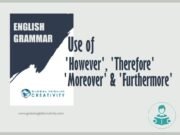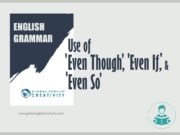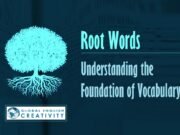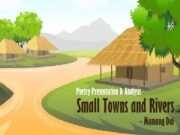Recent Post
Types of Novel
Novel is one of the most popular and influential forms of literary expression. As a long prose narrative, the novel allows writers to explore...
"Creativity is a natural extension of our enthusiasm..."
Contact us: creativeengilshcontent@gmail.com
© All Rights are Reserved Author: Prof. Dipak Burhade Mobile: 9921022163








































Nice collection of all types of tenses conveying correct mood at the correct tense form. This will be useful for students as well as teachers too. Keep sharing such value infos for the group members.
Nice Collection of Tenses
Thanks sir
Nice collection of Tenses
Nice
VERY USEFUL
HATS OFF YOUR WORK !!!
Very nice and useful to new learners
Very easy and useful..
👌👌👌👌nice
Nice
Nice information sir.
Its really very helpful to us
Thanks a lot sir..its really very helpful to us
Very nice information sir
Nice information sir
Thank you for every other informative blog. Where else may I am getting that type
of info written in such an ideal means? I have a venture that I am simply now running on, and I
have been at the look out for such information.
I enjoyed read your article.
Very nice Tenses
Ok Thanks
Will u Plz provide pdf of it
A very good and deep knowledge of Grammar
Very useful post .
It’s very helpful information & useful for everyone Sir.
It is very nice sir
Sir i really thank you from button of my heart, you have excellently created all quizes with explaininatons on it in the form of notes , really hardik for leaders as well teachers.No words to appreciate your work, great.
Nice quiz!! Great efforts you have done.
Very Nice
Very useful